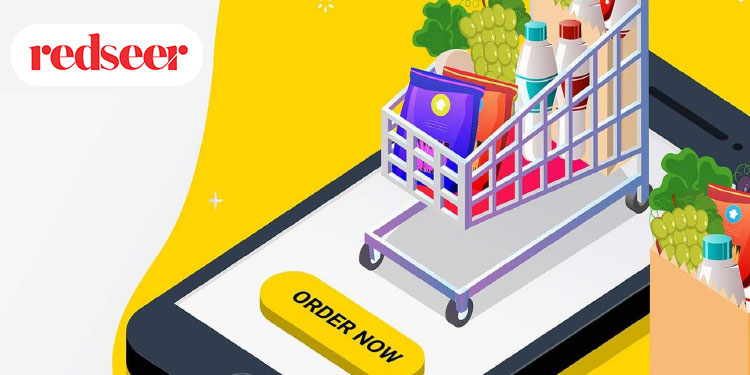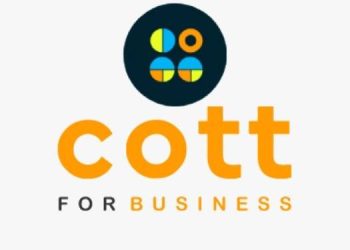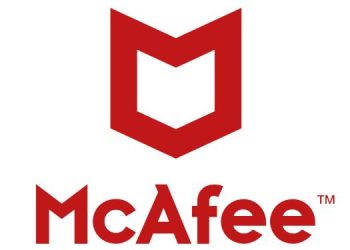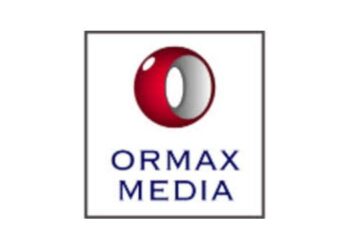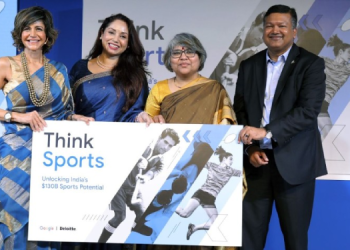Bengaluru: According to the latest report ‘Quick Commerce: A $5 billion market by 2025’ launched by homegrown consulting firm RedSeer, the market penetration of Quick commerce is estimated at USD $~0.3 Bn in CY2021 and is expected to grow 10-15x in the next 5 years, that is $5 billion by 2025.
~20 million households are addressable by quick commerce in India with an estimated addressable market size of USD $~50 Bn in 2020, as per the report.
Quick commerce is defined as delivery of consumables within a span of 45 minutes with a nominal delivery charge.
The major growth drivers for Quick Commerce are:
- Rising adoption among convenience seeking customers with unplanned ordering behaviour
- Increasing affinity of Online and Gen-Z customers towards Top-up and indulgence purchases
- Covid-led change in consumer behaviour towards using online as replacement for Kirana
Indian Quick Commerce (Q-Commerce) market offers two main opportunities including Consumables (Fresh, Staples, Packaged Foods, Beverages, Home Care and Personal Care, OTC medicines, alcohol, Tobacco, Pet supplies) and adjacent or Long-Tail categories (flowers, gifts, books, small electronics, etc.)
Consumables market in India is projected to grow sustainably for the next 5 years at ~6% CAGR to hit USD $~1 Trillion by 2025 from $725 billion in CY20. Further, Quick Commerce penetration within the online consumables market is ~7% and is expected to grow to 12-13% by 2025. Currently at USD $~3.8 billion, the online consumables market is expected to grow exponentially and is expected to reach $30+ Bn by 2025, of which ~50% will come from Metro and Tier-1 cities.
The major drivers for this market are willingness to pay for premium products, growing market for easy-to-cook products at home delivery, demand for healthy and nutritional products, rising consumption of newer products through global experiences.
Metro and Tier 1 cities are a major growth driver. Mid to high income households within these cities will drive growth; they are convenience seeking and spend across consumables sub-categories. These consumers include Gen Z, ambitious millennials, Gen X-active buyers and Gen X- Passive buyers. Gen Z- impulse purchasers and ambitious millennials dominate in unplanned purchases and their fulfilment methods are based on speed and convenience.
Commenting on the launch of the report, Mukesh Kumar, engagement manager at RedSeer, said, “Quick Commerce is emerging as one of the fastest growing e-commerce models serving the need for faster delivery among convenience seeking customers. With high fill-rates and 30-45 mins delivery service for unplanned orders, mid-to high income households in Metros are increasingly replacing traditional kiranas with Quick Commerce Platforms like Swiggy’s Instamart and Dunzo.”

